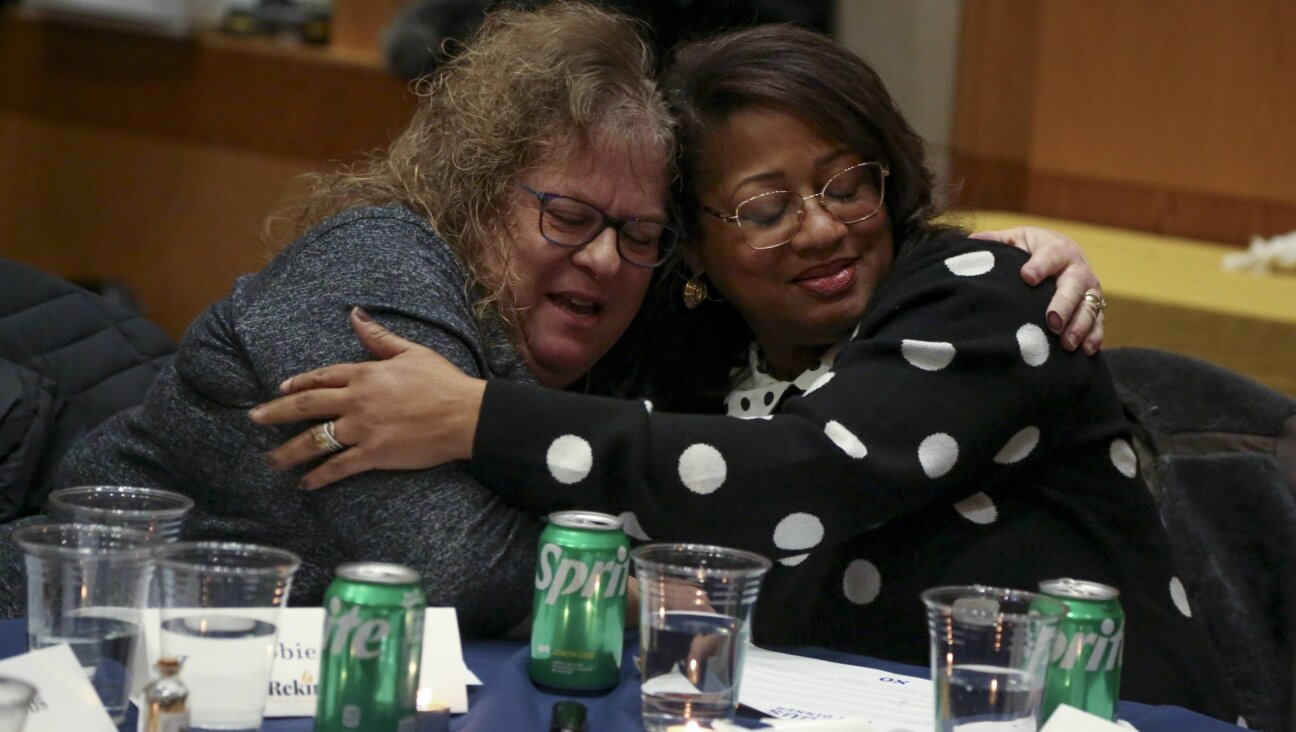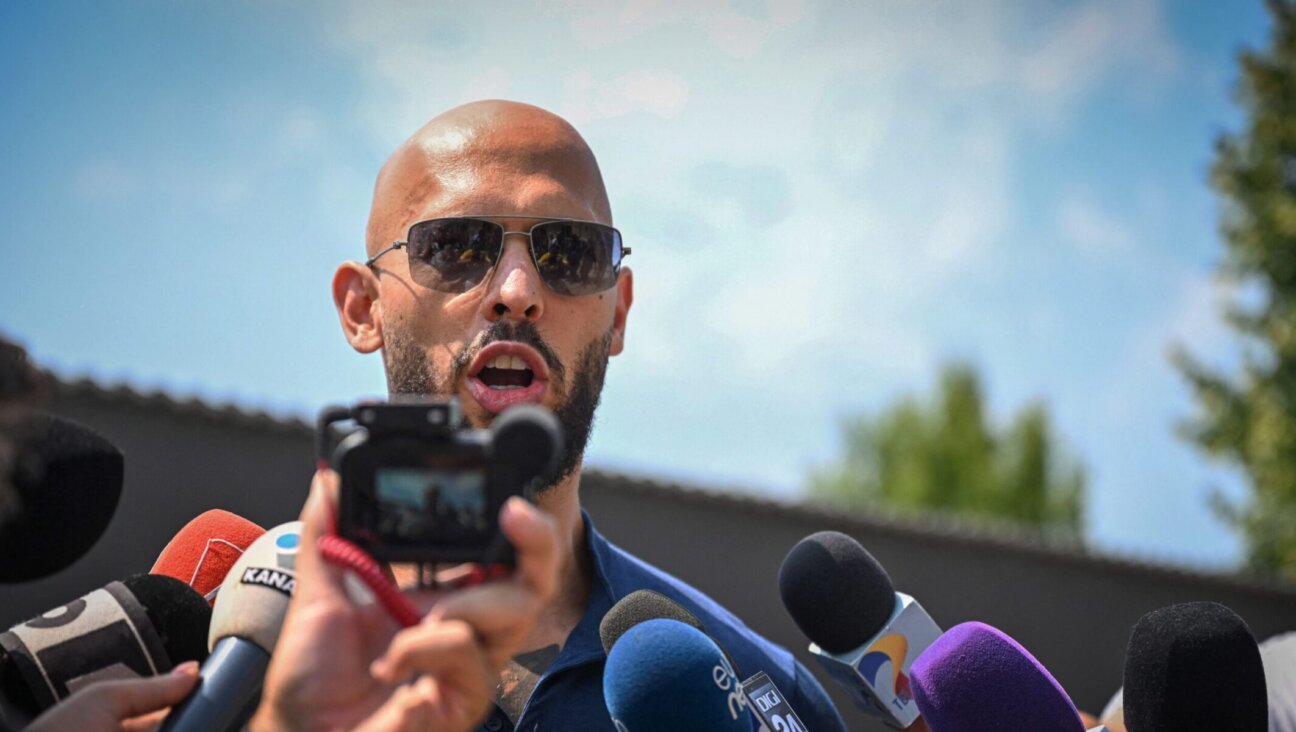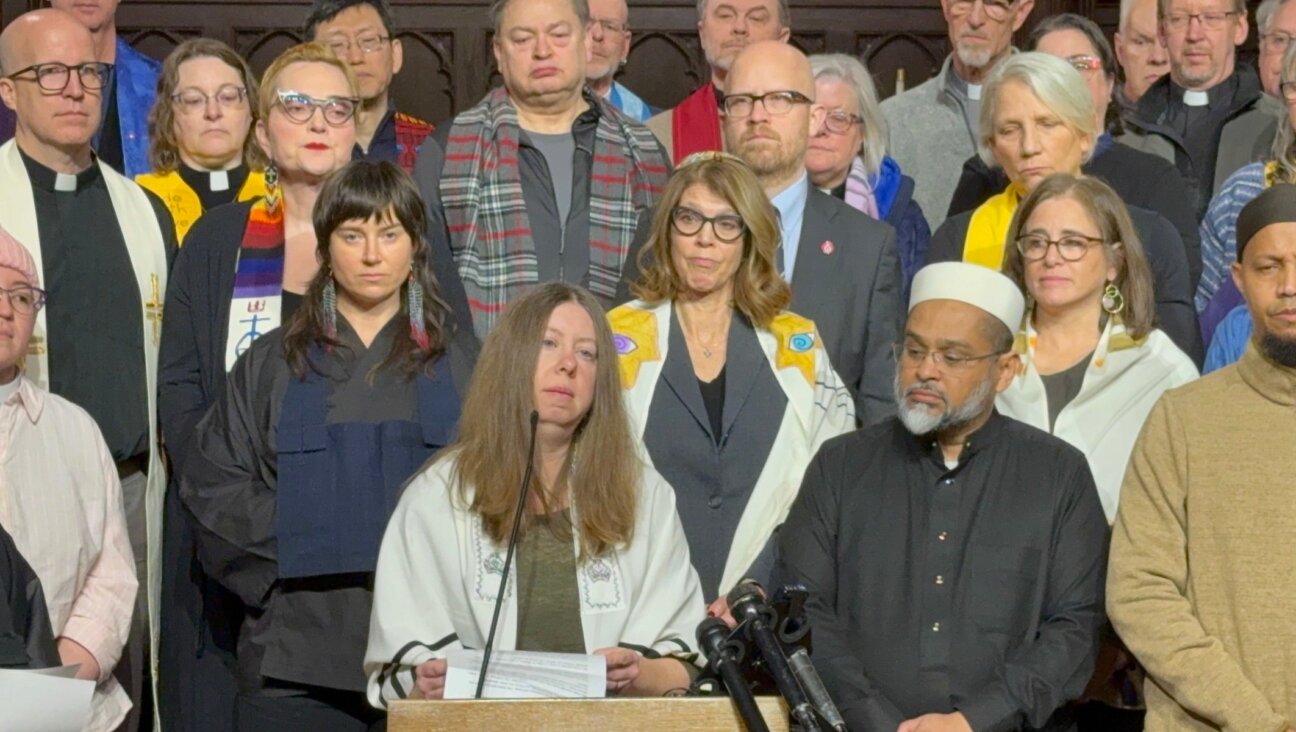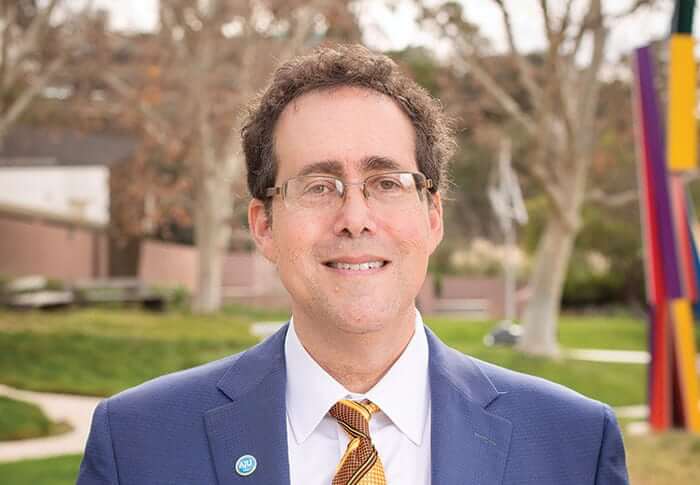Berlin’s Jews Feud Amid Financial Chaos and Internal Strife

All?s Not Well: Berlin?s Jewish community is thriving and it?s more diverse and accepted than ever. So why is the main community group imploding amid power struggles and fiscal strife? Image by getty images
The future of Germany’s largest organized Jewish community is in question following a cutoff in its government support and a high-profile brawl that put its dysfunction on public display.
The Berlin municipal government has terminated its subsidy to the city’s Juedische Gemeinde, or Jewish community, citing the community’s failure to properly document its budget needs. The city’s annual subsidy to the community, which has 10,000 registered members, is more than $7.3 million.
The city government requested a list of the community’s estimated 300 employees and their salaries as part of the budget calculation. But when its request was not fulfilled, the city suspended payment.
“The city has had to draw a line, and I’m sure that all around there is regret that it has come to this,” said Rabbi Josh Spinner, executive vice president and CEO in Berlin of the Ronald S. Lauder Foundation.
City spokesman Gunter Kolodziej told the Forward: “We know about the high value of Jewish life in the capital. The city is in talks with the Jewish community in order to quickly and constructively solve the current financial questions.”
Some members of the Jewish community question why the community leadership has not given Berlin what it wants.
“This community is almost totally dependent on the money of the state, and you don’t spoil your relationship with your biggest donor,” said Sergey Lagodinsky, a lawyer and part of the community’s 21-member representative assembly.
But the leader of the Juedische Gemeinde rejected the city’s claims.
“They have all they need,” chairman Gideon Joffe told the Forward when asked about the community’s failure to deliver the requested information to the Berlin government.
Joffe admitted the information about the number of employees and their salaries was missing. He said he would supply this information to the government at the end of June, but did not have a direct answer when asked why he could not supply the it immediately.
“They say (for) 2013 you’re not correct,” Joffe said the Berlin government had told him. “I say, okay if you think so, it’s no problem… but why don’t you start paying the subsidy based on the year 2012? They didn’t answer me.”
However, Lagodinsky said that Joffe had not even shown the information to the community’s own representative assembly as required by its internal bylaws.
As a consequence of the lost funding in the second quarter of 2013, the community has been forced to borrow money.
Joffe told the Forward that he has obtained a loan to cover salaries, using Jewish community property as collateral. Joffe refused to divulge either amount that was borrowed or the location of the property.
On May 23, a two-thirds majority of the representative assembly authorized Joffe to take out the loan. It was a stormy meeting after which supporters and critics of Joffe shouted blunt obscenities at each other. A brawl erupted, with physical attacks. The police were called, and there were six criminal complaints, according to Claudia Keller, who covered the meeting for the respected Berlin daily Der Tagesspiegel.
On May 24, Keller reported, “The situation in the Berlin Jewish community has reached an unprecedented low point.”
Prominent Jewish leaders have criticized the behavior at the meeting.
“We are troubled about the growing number of reports about the Berlin Jewish community alleging a lack of transparency, procedural irregularities and intimidation tactics, including physical assaults,” said Deidre Berger, director of the American Jewish Committee’s Berlin office.
Respected leaders fear that the fiscal mess and the May 23 slugfest will undermine the unity of the Jewish community permanently.
“Both the current leadership and the opposition would do well to remember that when the china breaks, it cannot be put together again,” Spinner warned. “The damage being caused, not only to the political structure of the community but to the perception of Jews and Jewish life in the city, will not be easily reversed, if at all.”
The Jewish community also owes Berlin $7.85 million because of pension payment miscalculations that go back decades. Joffe said he agrees the debt must be paid, but he argued that the government should give the community an additional $1.3 million a year to help pay it.
As the Forward went to press, the Juedische Gemeinde board was preparing for a meeting June 6, the final gathering meeting prior to its regular summer recess. Asked why the agenda did not include a discussion of the budget crisis, Joffe replied, “Right now it is not on the agenda,” adding, “I’m sure the representatives will raise questions about it.”
Joffe went on to say that discussion of the budget situation would depend “on the aggression the opposition shows.” Joffe said he hoped the meeting would be peaceful, but he added, “If the opposition behaves the way they did in the last meeting, I am not sure we would be willing to cooperate.”
Joffe’s opponents say it was Joffe and his supporters who started the brawl May 23. Joffe’s opponents describe him as authoritarian and as divisive. “His path has been confrontation and polarization,” Lagodinsky said. “He does not want to make his work transparent, and he does not want to share power.”
Maya Zehden, who was active in the community until Joffe became chairman, in March 2012, said the leadership is not really democratic. “I feel ashamed of what’s going on there,” she said. “He operates like a monarch.”
Joffe earns $157,000 a year as the leader of the Juedische Gemeinde. His predecessor, Lala Susskind, among Joffe’s opponents, served as a volunteer and earned nothing.
Immigration, largely from Russia, has swelled the city’s Jewish population and made it more diverse.
Spinner raised questions about the future of the Juedische Gemeinde. “It was designed for a relatively small, relatively homogeneous population,” he said. “Today’s Jewish population in Berlin is no longer small, nor is it homogeneous.”
The Lauder Foundation executive vice president said that the communal structure would have to change to allow greater autonomy for the various communities now under its umbrella. Otherwise, he said, “there is little hope that the structure will hold.”
“It’s a highly unfortunate situation,” Berger said. “I don’t know what will happen now.”
Contact Donald Snyder at [email protected]
















